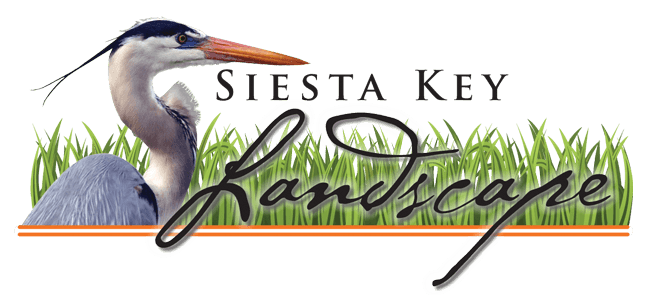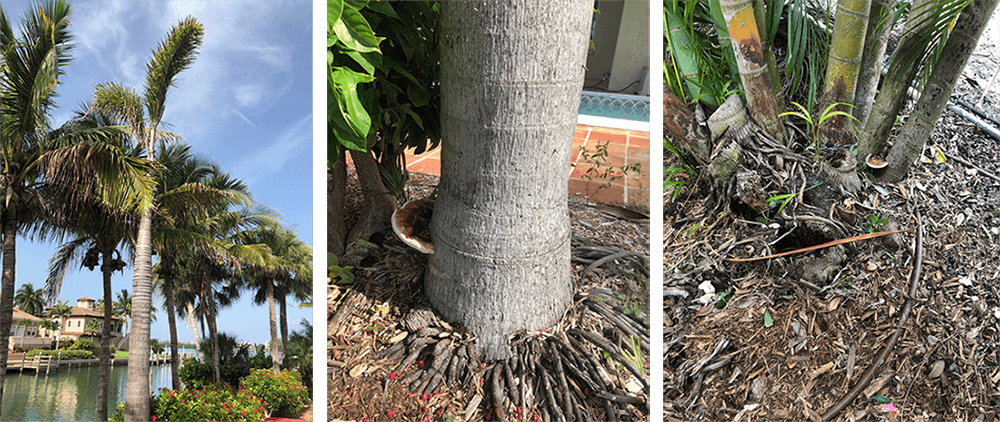Many of you may have read about the recent (August 2015) aerial spraying of Naled in Dorchester County, South Carolina.
That spraying unintentionally killed millions of honeybees while attempting to control the disease-carrying mosquito population, but the fact that pesticides are really bad for bees should not come as a surprise to any of us.
Concerns about the effects of pesticides on bees and other pollinators are not new. In fact, the European Union banned the use of multiple neonicotinoids in 2003, although some exemptions have been made for use in the United Kingdom and they are widely used in other parts of the world, including the United States.
Until recently, most of the research on the effects of pesticides on insect populations for which they were not intended have been short-term and conducted on a small-scale in a laboratory setting, but a new study published in the August 2016 issue of the journal Nature Communications provides real evidence that the nicotinoid exposure can have a devastating effect on bee populations in the wild.
Using 18 years of data collected on more than 60 bee species in England, researchers found that the species that foraged on pesticide-treated oilseed rape crops experienced sharper population declines than those that foraged on other crops.
The practice of treating oilseed rape crops with nicotinoids on a large scale began in 2002. Researchers incorporated the data, which was mostly collected by citizen scientists over an 18 year period, into a model that helped them analyze the information. Using this models, researchers were able to compare individual plots of land to determine which species had been observed in which plot and which ones disappeared over time.
It’s important to note that scientists from Bayer Crop Science, as well as others from CropLife America, took issue with some of the study’s findings, but it is hard to ignore the fact that the 18-year study found that extinctions were three times more severe in the bee populations that foraged on oilseed rape plants than in the populations that foraged elsewhere.







